
A report from Observatório Lupa finds AI-generated falsehoods have tripled since 2024, including videos blending real and fabricated clips, fake text exchanges and selfie videos targeting public officials.
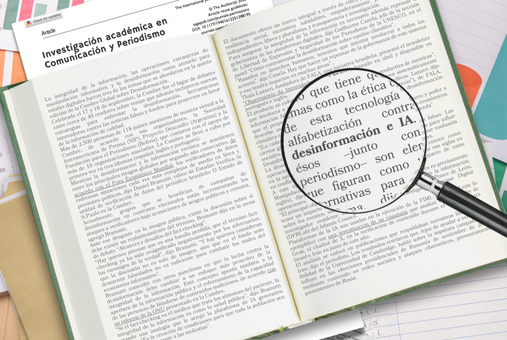
Research on AI-driven disinformation remains scarce in Latin America, even as it booms in the U.S. and Europe. The authors of a new study urge universities to collaborate across borders to share resources and compare regional realities.
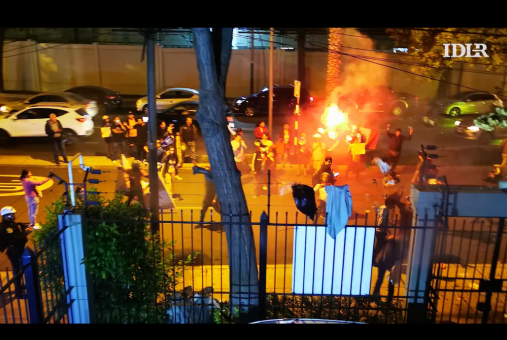
An investigation by IDL-Reporteros and CLIP revealed how disinformation linked to political and business figures spread through social media and escalated to legal pressure and harassment against journalists.
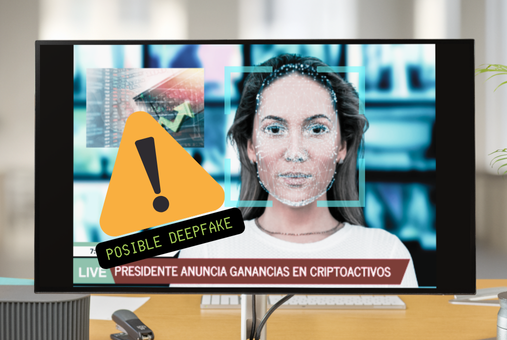
Digital tools such as FactFlow, Archive.org and OSoMeNet help journalists and fact-checkers in Latin America track false narratives, analyze dissemination networks and authenticate online content.
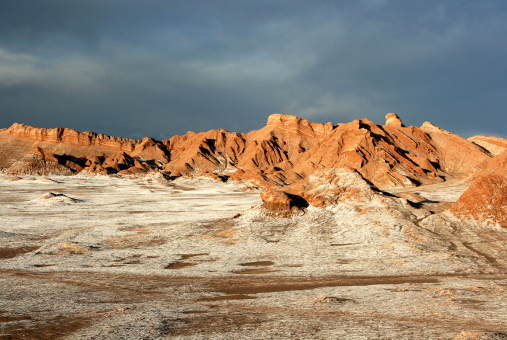
A new study shows 47% of Chile’s towns lack sufficient local journalism. But in the south, online outlets are informing communities with local news and investigations.
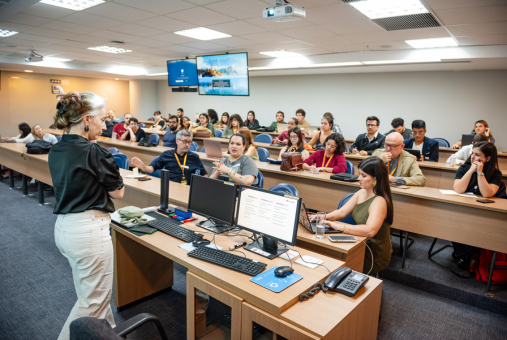
Latam Chequea, a network of news outlets from 21 countries, warns that shrinking support for fact-checkers, the rise of AI, and anti-media laws are creating a “perfect storm.” They call for collaboration with tech companies and urgent action from governments.
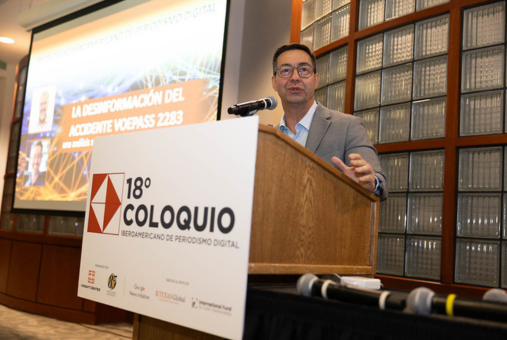
Scholars warn that press freedom in Latin America is threatened not only by dictatorships but also by democratic governments and media capture. At the Iberoamerican Colloquium on Digital Journalism, they called for innovative, collaborative responses.
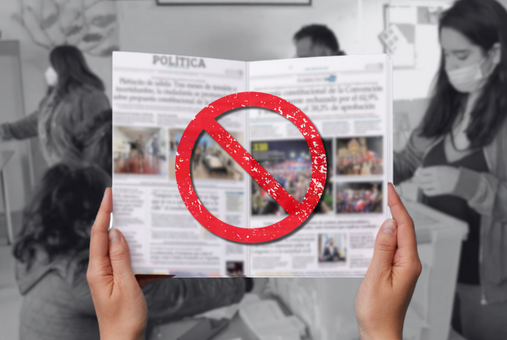
A study conducted as Chileans voted on a new constitution in 2022 found that false information – magnified by newspapers and TV programs – influenced the outcome of the referendum.
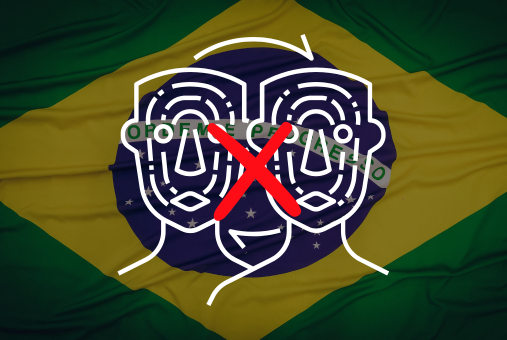
Deepfakes are the tool of the moment for spreading electoral disinformation. Regulation attempts to prevent candidates from using them, but content monitoring is limited. Therefore, collaboration between the public and journalists is essential to identify disinformation that targets candidates in Brazil's municipal elections.

Disinformation and obstacles to accessing public information are some of the challenges that journalists from Bolivia, Colombia and Mexico have faced when covering issues related to water. Reporters shared recommendations to improve coverage of the water crisis, including the use of long-term and long-form reporting.
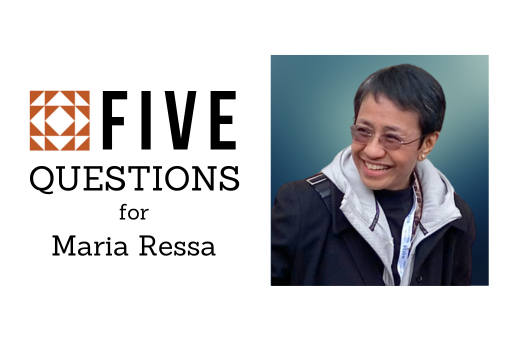
Journalist and 2021 Nobel Peace Prize laureate Maria Ressa, who was attacked by an authoritarian regime for her critical journalism in the Philippines, said the harassment faced by many journalists working today in Latin America is identical to what she experienced. In our 5 Questions section, she advises her Latin American colleagues to join forces, collaborate and seek support.
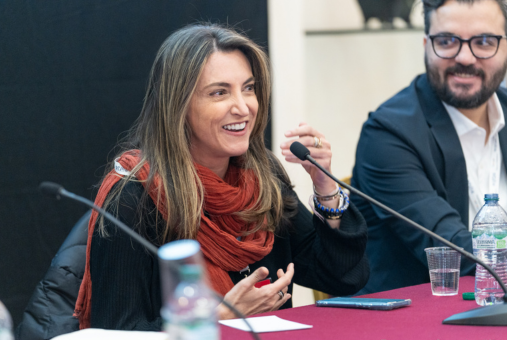
The importance of monitoring disinformation in political campaigns, the risks of using social networks to influence public discourse and the current role of fact checking were some topics that panelists from Argentina, Brazil and Mexico addressed at the International Journalism Festival 2024, in Perugia, Italy.